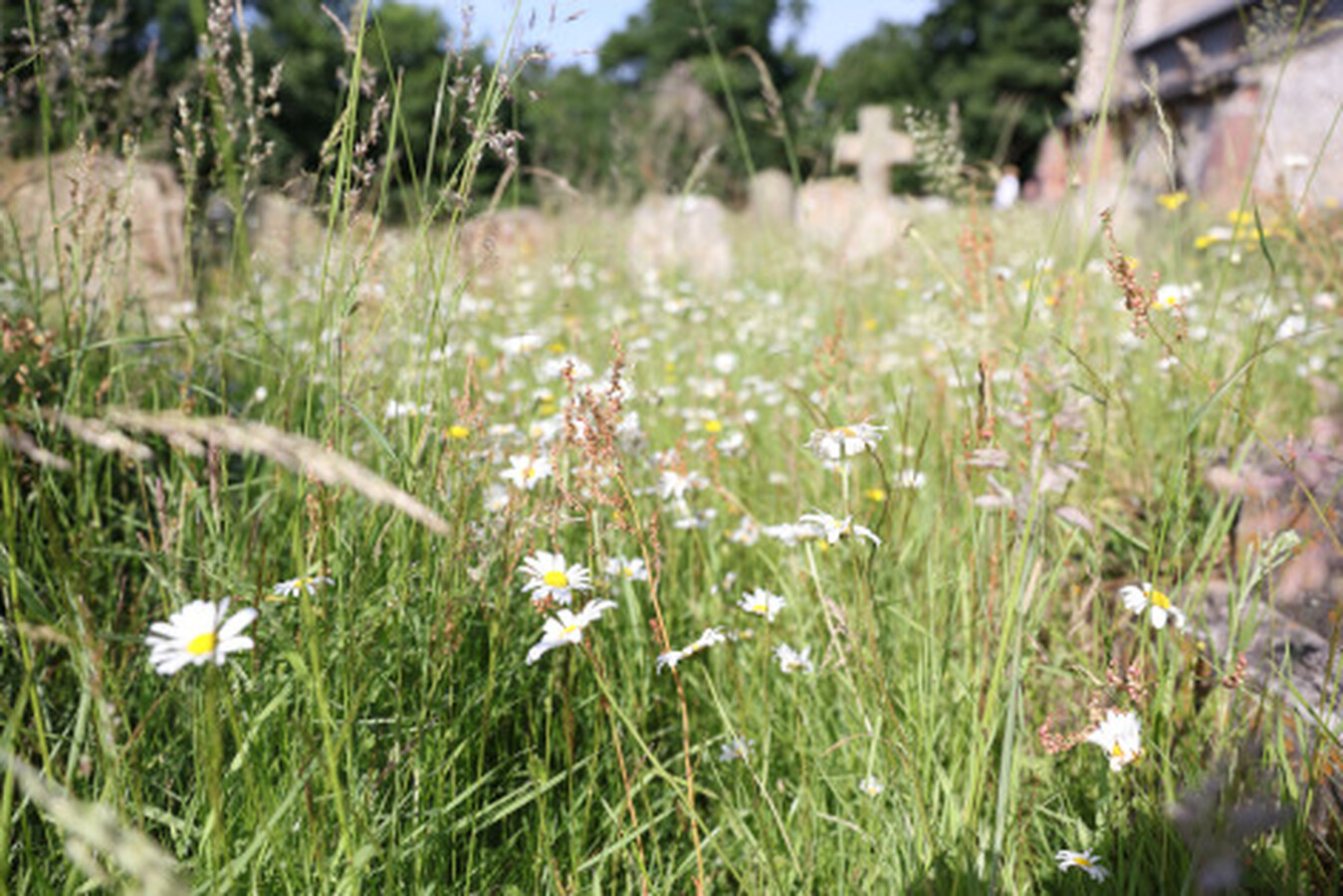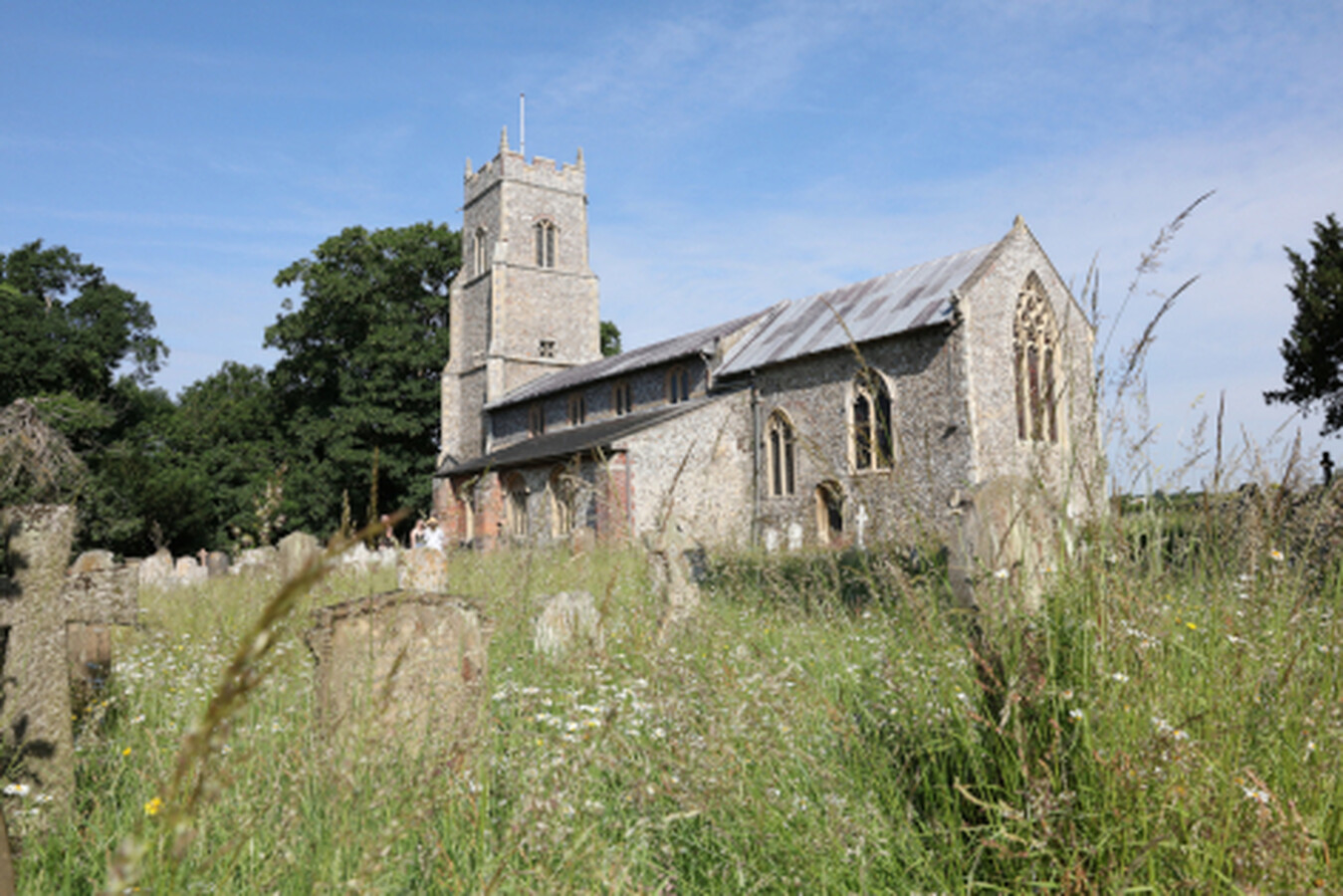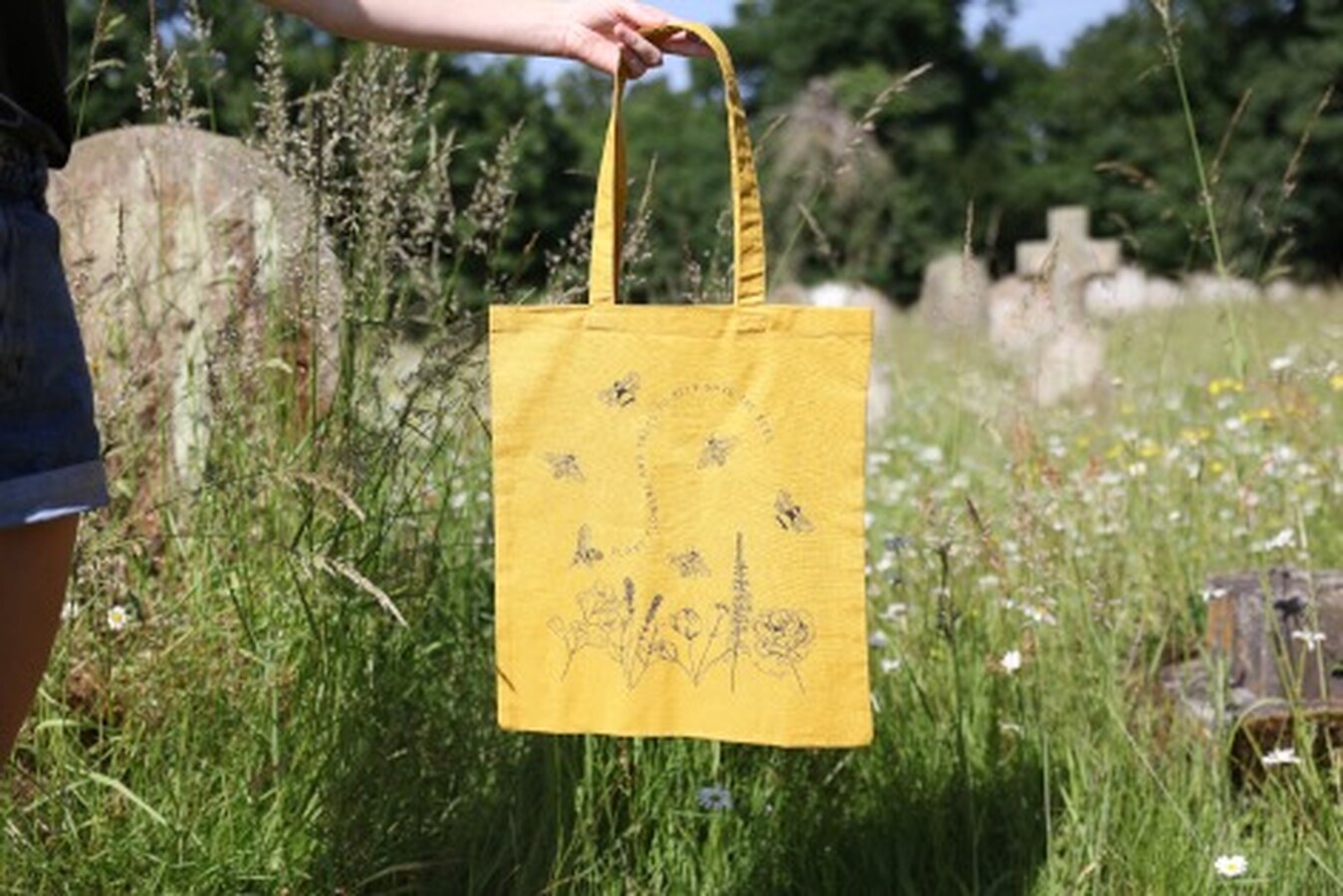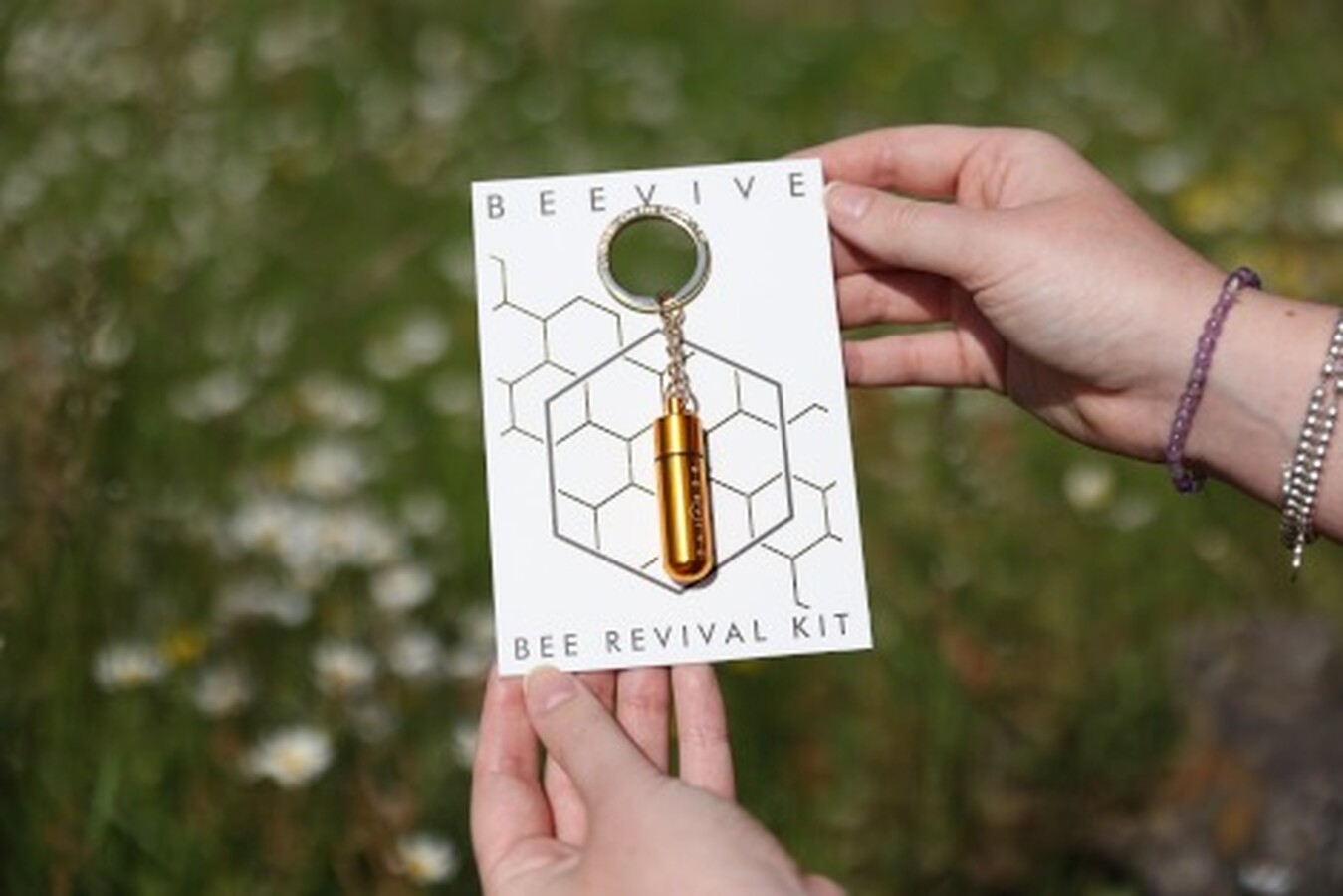World Honey Bee Day: Why We're Buzzing About Saving the Bees
By Alex Catchpool - 1st October 2021


21st August 2021 is World Honey Bee Day and here at Lisa Angel, we want to create a buzz around saving the bees!
World Honey Bee Day started in the US in 2009 as a way to honour beekeepers and their work, as well as to spread awareness about the importance of honey bees to the world. It is now observed on every third Saturday of August across the world and we’re bee-yond happy to be celebrating our fuzzy little friends again this year!
We’re passionate about doing what we can to support local charities that work tirelessly to protect and conserve habitats for bees and other pollinators in Norfolk. We recently took a trip to Saint Mary’s Church in Wroxham with representatives of Norfolk Wildlife Trust and they told us all about just how important bees are to our daily lives.
Here’s what we discovered…
Why are bees so important?
Not only do bees produce the honey we love to spread on our toast or mix into our tea, they also play a vital role in biodiversity, the food chain and ultimately, our food supply.
Helen Baczkowska, conservation manager at Norfolk Wildlife Trust, told us that bees fertilise the majority of the world’s crops that we use and eat everyday as well as pollinate the wildflowers and plants that grow alongside these important crops to feed livestock and other wildlife.
They’re called busy bees for a reason!
Why do we need to save the bees?
Unfortunately, recent years have seen a decline in the number of bees in the UK. Increasing use of pesticides and urban development has led to losses of pollinator habitats, especially lowland wildflower meadows that bees use to forage for food. Without wildflower meadows, bees are without suitable habitats and sufficient food to continue their integral role in our ecosystem.
Humans are primarily responsible for this and there are a number of things we can all do to help!
What is Lisa Angel doing to help?


We have launched a gorgeous 'Help Save The Bees' tote bag that donates £1 from every sale to Norfolk Wildlife Trust.
We spoke to James Hogg from Norfolk Wildlife Trust about where this money goes.
“We’ve directed that towards our churchyard conservation scheme which is a scheme of surveying, advising and recording the wildflower and wildlife habitats in churchyards all across Norfolk.
It’s a scheme that has been going now for nearly 30 years and we’ve got about 80 to 100 churches involved. It’s so important that these precious habitats are kept secure for wildflowers and for pollinators and other insects. They’re often the only uncultivated pieces of land in built up areas and even in the countryside they’re rare and historic uncultivated habitats.
The purchasing of the bags gives us a substantial amount of support in terms of materials, training, interpretation and literature to help people like those looking after this churchyard in Wroxham and all over Norfolk to look after places that are really special for bees.”
We’re so glad that our tote bags can help Norfolk Wildlife Trust continue their invaluable work in protecting wildflower havens and our busy bees.
What can we all do to help?
There are lots of things we can all do at home to help save the bees! We can all make small and easy changes and choices to support Norfolk Wildlife Trust and other hard-working charities in their endeavours to protect the bees in the UK.
Helen gave us her top tips:
Plant wildflowers for bees to pollinate
She suggests planting a range of pollinator-friendly plants for bees to forage. She recommends meadow buttercups, oxeye daisies, common catsear, yarrow and even ivy as they flower at different times throughout the season, leaving bees with a plentiful supply of delicious nectar to keep them going!
If you’re not sure which plants are best, keep an eye out for the RHS Plants for Pollinators logo. These are flowering plants that the RHS has specially selected as great choices for our pollinators.
Help bees when you see them struggling
A tired bee is not an unfamiliar sight during summer and a spoonful of sugar water is the perfect little boost to get them going again. When you’re out and about, keep the Beevive Bee Revival Kit Keyring handy. It includes a little glass jar of ambrosia bee syrup for them to sip on then fly away to the next flower!
However, Norfolk Wildlife Trust recommends only doing this when a worn out worker bee needs a little pick me up. Just as it is for humans, too much sugar isn’t great for them and wildflower nectar is always preferable! Instead you can…
Provide a water source for bees in your garden
Just like the rest of us, bees need a refreshing drink in the warm weather. Fill a little bowl with pebbles or marbles to provide a safe spot for the bees to stand on and top up with fresh or rain water.
World Honey Bee Day 2021 is the perfect time to think about what we can do to save our bees, whether that’s donating, sporting our cheerful yellow tote bag or creating the perfect wildflower garden!
Norfolk Wildlife Trust is a wonderful charity that helps to protect the bees in our home county and we’re super happy to be doing what we can to help our pollinator pals!


 $ (USD)
$ (USD) 




